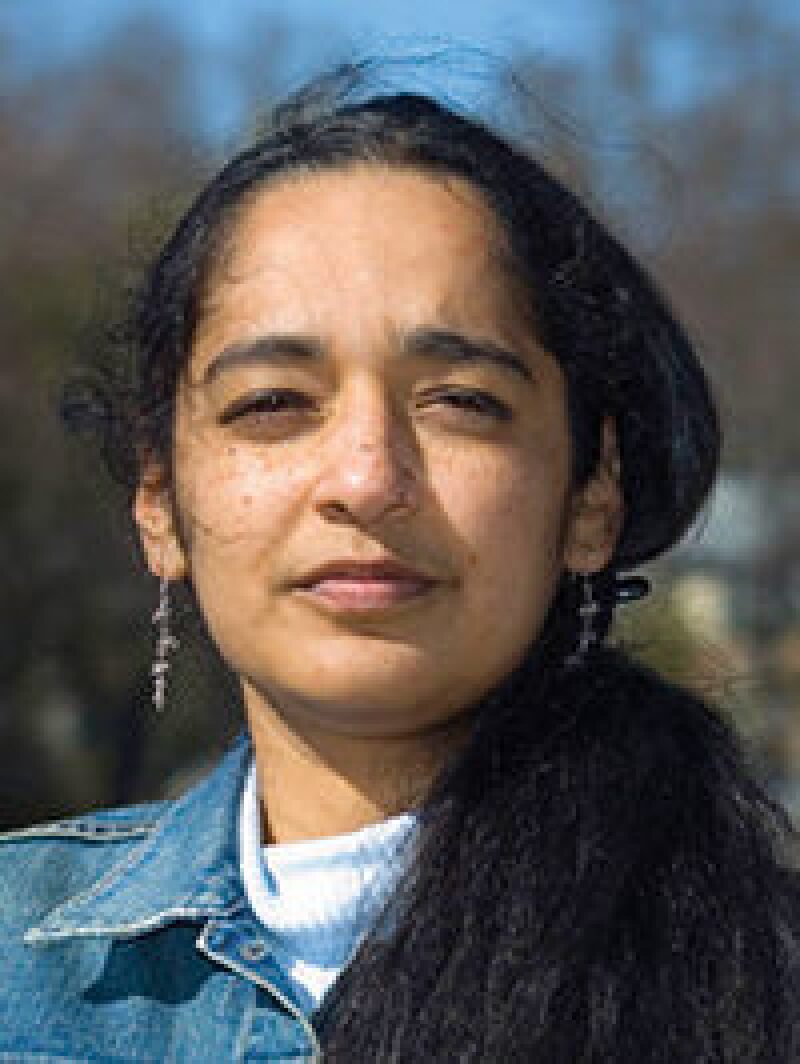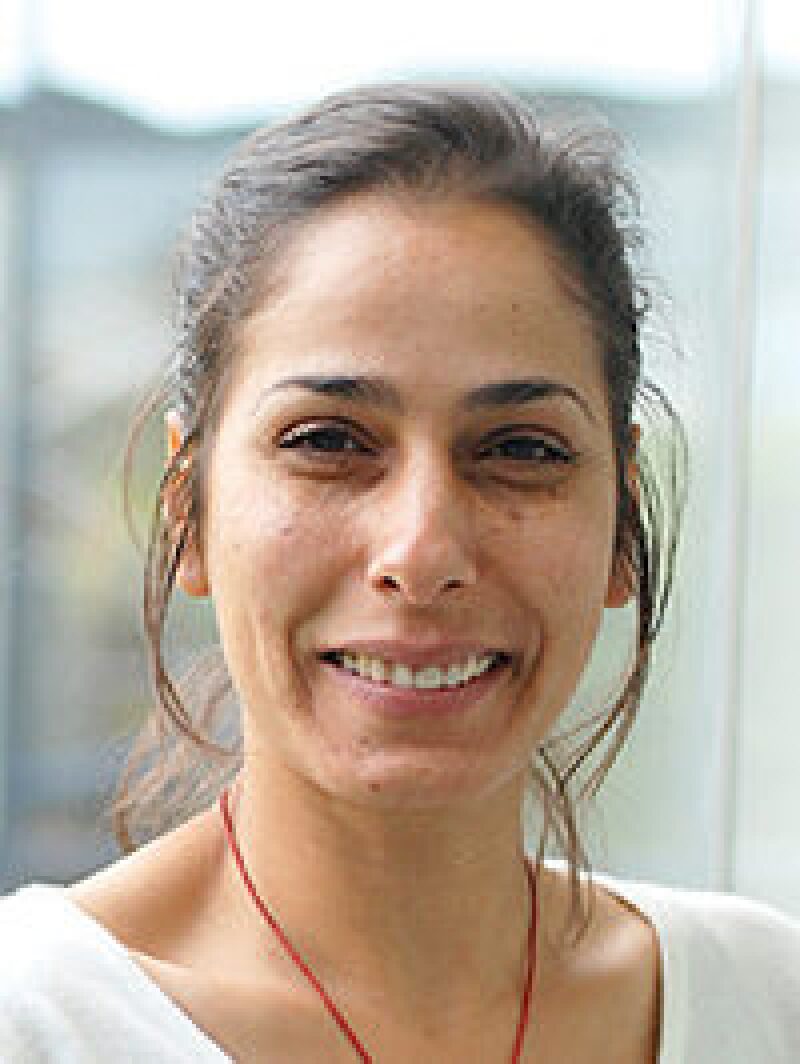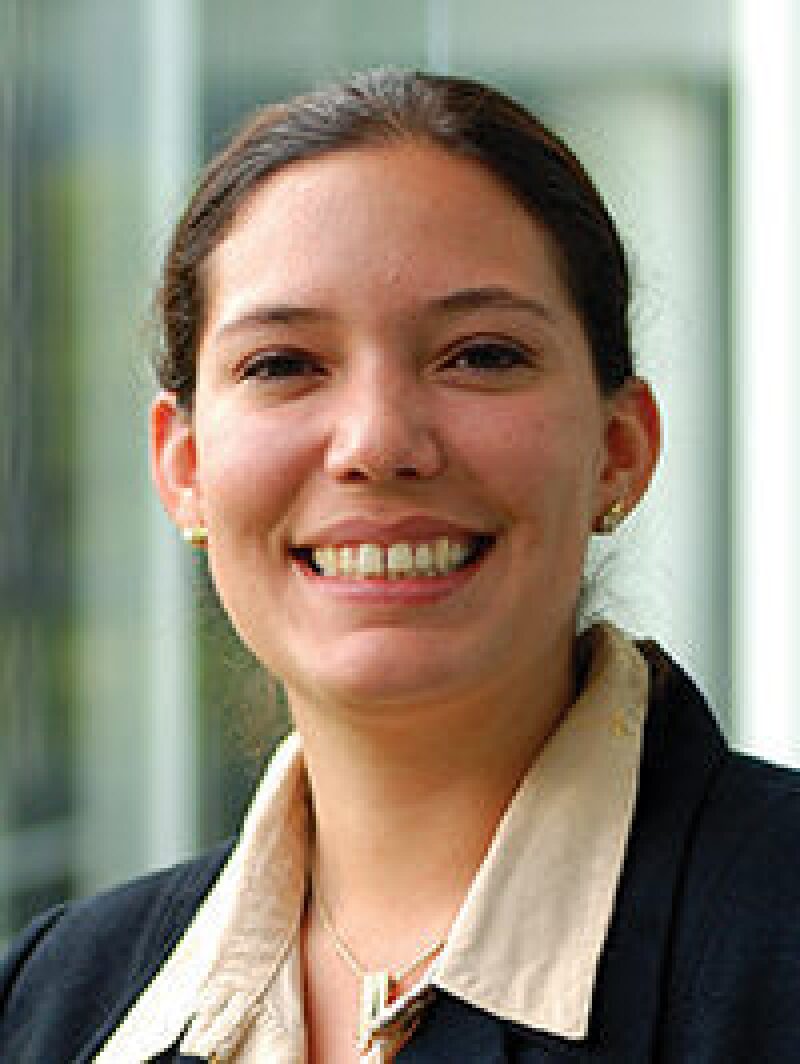For this issue, we have sidetracked from the oil industry to look at the situation of women in advanced graduate studies. We have interviewed three women fellows of the Schlumberger Foundation’s Faculty for the Future initiative. The Faculty for the Future is an educational capacity-building program to encourage women in developing and emerging economies in their pursuit of academic careers in science and technology. The program’s goals are to support role models and facilitate gender balance at key universities in these countries. Grant recipients are expected to return to their home countries at the end of their studies to continue their academic careers. As teachers, they will contribute to the ultimate vision of the program, which is to attract more young women into science.
“Hard statistical evaluations fairly consistently find that female education is the variable most highly correlated with improvements in social indicators. The benefits of education have a multiplier effect because they empower women to bring about other necessary changes.”
—Investing in All the People, Policy Research Working Paper Series #905, World Bank
Radhika Madhavan, India

In a country where there are probably more people than there are ants in the world, it is difficult to find the courage to follow your dream. You are likely to be just one among many talented people. For many, a career only means a way of securing a job to support a family. But without challenges, winners won’t be born!
Born in the Indian capital of New Delhi, I was raised in the small town Baroda in western India. Fascinated by science, especially mathematics, I studied electronics engineering. To pursue science as a career, I decided not to take up any job offer, though I had many lucrative offers. On securing the 50th rank in a national examination, I was admitted for graduate studies on a special project sponsored by the Government of India at the prestigious Indian Institute of Technology (IIT), Mumbai. It was this degree in biomedical engineering that formed the basis for my future scientific career. I chose this interdisciplinary field as it is the right combination of engineering and biology.
Learning continued with a degree at IIT, followed by a PhD in bioengineering from Georgia Institute of Technology, Atlanta, USA, partially financed by a scholarship from the Faculty for the Future program. The Faculty for the Future grant came at a crucial time in my PhD study. I was in my third year and my lab suddenly lost funding. If it were not for this grant, I do not think I would have been able to finish my graduate studies.
My work in the last 10 years has spanned from designing robotic prostheses for hand amputees to unraveling the mysteries of brain circuitry involved in learning and memory.
Can a woman achieve so much single-handedly? In a place where girls are traditionally viewed as homemakers and where career-oriented women are not preferred for marriage alliances, my parents, both teachers, have always been very supportive. My mother has a PhD in political science and has been my constant inspiration for pursuing a career in science. My parents have always encouraged me to keep an open mind and explore other avenues, leading to my entering a field that is a mix of engineering and biology. In a country where science is more a step toward a job, choosing a lifetime in science is unusual.
While studying in the US, I had exceptional opportunities to interact with the best of minds in my field. The infrastructure and facilities available to me were unmatched. My experience of working in the US is something that I will carry forward for the rest of my life.
Women can definitely achieve a lot if they wish to, but I think that there is a lack of inspiring role models for women wanting to pursue scientific careers. My dream is to set up an independent research lab in India putting together my experience and expertise. Already pursuing post-doctoral research work at the National Centre for Biological Sciences in Bangalore, I have mentored various women graduate students in my research lab.
For aspiring women scientists, I will just say that a career in science—as opposed to other options in industries—offers an independence unparalleled. While the pressures of academic life are many, we are masters of our own time, allowing us to strike the right balance between home and work.
Zohra Mokeddem, Algeria

After I got my engineering degree in Algiers, I got a master’s degree and a PhD in France. I have started a post-doctoral position this year in paleoclimate changes reconstitution at the prestigious Lamont-Doherty Earth Observatory, Columbia University.
It was not easy to leave my family and friends to live in another country with a different culture and lifestyle. But when pursuing education abroad, obstacles are everywhere, and the most important thing is to accept them as a part of our lives and never as a turning point. Since I started my graduate studies in France, getting funds was the most important obstacle. In France, ambition, strong will, and high-qualifications are not sufficient to get PhD funding; it is imperative to be less than 30, and I was not. Hence, I am truly thankful to have received funds from the Faculty for the Future program since September 2006, without which I would not have realized my dream.
Studying in a foreign country provided me with a unique opportunity to meet people from different horizons and share experiences and knowledge. Furthermore, the interaction with other cultures and lifestyles is a mind opener, and allows one to learn to accept the differences and tolerate others.
In Algeria, it is easy to get access to basic education, as education is free from elementary school until university. However, to get a PhD position is a very hard, very selective process. It can be even more difficult for women. In African society in general, tradition and ancestral culture exert pressure on women to get married as soon as possible after their eighteenth birthday. On the other hand, some families do not permit their daughters to move alone to another city for higher education. A woman is a part of a group, which protects her and decides on her behalf. I am very privileged, compared with many women in Algeria. My parents and family were and are still supporting and encouraging me in all my decisions.
My actual research goal is to reconstruct and better understand the mechanisms of past climate changes in the climatically vulnerable Sahara region. Few studies have focused on climate change at the northern Saharan border. This is one example of how lessons from the past may be particularly useful in evaluating changes currently under way and estimating their future impact. As a native of this area, I believe this project will be of great interest for my country.
Once I return to Algeria, I want to pursue my scientific research in this topic and join the scientific team in Algiers University. Facilitating access to advanced education is a hard and difficult mission; but I believe I have a big responsibility to transmit the knowledge I have gained over these last years. I want to lead by example, as all fellows of the Faculty for the Future are doing.
If I could give advice to other young women who would like to pursue a scientific career, I would recommend to believe that women can be successful in their professional life and also happy in their personal life. Keep in mind that our diplomas are not a gain just for ourselves and our families, but a strong tool to develop our countries and our communities.
Margarita Varon Duran, Colombia

I studied in Europe to obtain a master’s and PhD in optoelectronics and optical communications, after obtaining my undergraduate degree in electrical engineering in Colombia. I feel that the optoelectronics field has a lot of importance in the world because of the need for broadband communications. However, here in Colombia we are just users of the technology, while all of the study and research in telecommunications are conducted elsewhere. I always wanted to come back to my country and work in a university in research and teaching, and I am living my dream now.
I faced several big obstacles in pursing my studies. First, I had to find a university with the degree that I wanted because at the time there were very few possibilities in Colombia. Once I found the university, I had to learn English because my English was very poor. Finally, after meeting all the requirements, the most difficult part of all was to find a way to finance my education. If it weren’t for the support of the Faculty for the Future program, it is difficult to say where my life would have gone; but it is clear that I wouldn’t have the job as a researcher that I have always wanted.
I am very grateful for my education because in Colombia post-graduate degrees are not only very expensive, they are also very limited and very difficult to pursue. On top of that, many cultural traditions still only consider women as homemakers; parents don’t always support their daughters or give them the same opportunities they give their sons. Since science careers demand a lot of time, dedication, and good education, this is not often an option for women here in Colombia. Luckily, that was not the case for me. My family has always supported me, financially and emotionally, and motivated me to continue my studies.
Legally, in our country, opportunities for men and women should be the same. Nevertheless, this is not the case in practice. There are employers that prefer men to women and sometimes men are better paid than women. I think that women in our countries need to see the example of other women. The best way to motivate is by example. Model women can encourage others, showing them what they are and what they have achieved in science. Now that I’m back in Colombia, I’m working in education because I’m convinced that education is what our South American country needs to develop and to guarantee equal opportunities for everyone in our society. I am just beginning, but I want to get involved in all kind of events and activities, talking to women to motivate them to get involved in science and pursue technical careers.
I recommend studying in a different culture because you learn to see things from different points of view and to respect others, even if they don’t share your opinions or beliefs. The biggest recommendations that I have for other young women who would like to pursue a degree in the sciences is to study a lot, not to waste any opportunities, and never give up—even if at times the road appears to be very hard.

